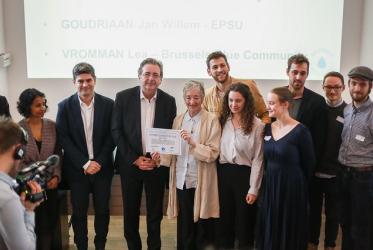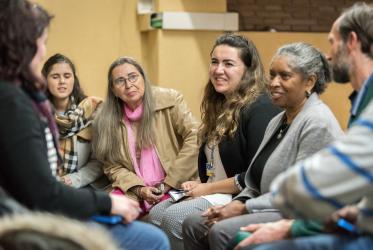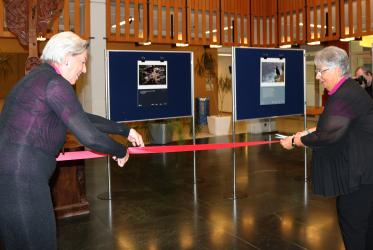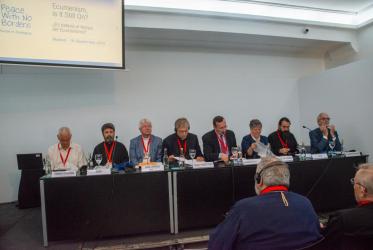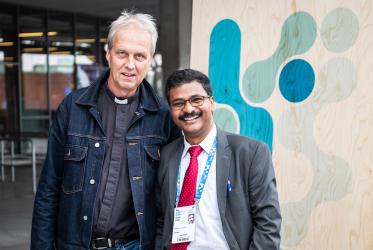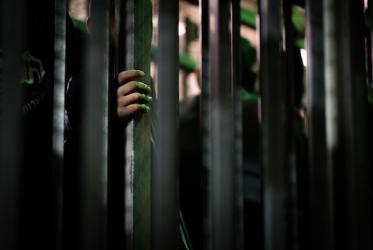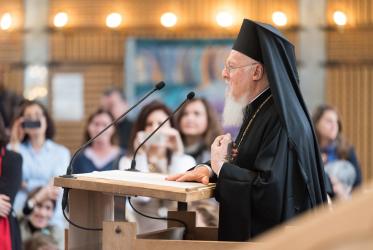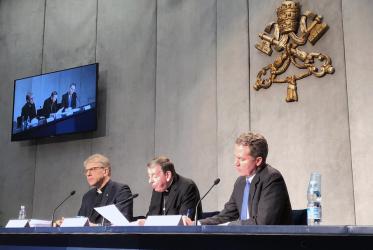Displaying 81 - 100 of 271
06 December 2019
WCC to host lecture and book launch by Jürgen Moltmann
20 November 2019
Eco-School promotes blue communities, green churches
19 November 2019
WCC Eco-School begins in Thailand
07 November 2019
Patriarch Bartholomew, archbishop of Sweden sign joint editorial
30 September 2019
Photos portray the wonder of creation - and urgency of care
27 September 2019
American and Swedish church leaders sign joint climate justice pledge
26 September 2019
A humble servant in God’s herd
10 July 2019
“There are no spare parts for whales”
13 June 2019
